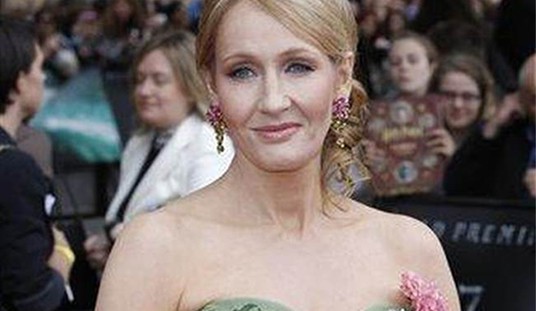This year the Norwegian Nobel Committee got it right, in spades, giving the Peace Prize to imprisoned Chinese democratic dissident Liu Xiaobo. It was a brilliant choice, spotlighting a man who has struggled and sacrificed for decades in the cause of bringing to the 1.3 billion people of China the freedoms and rights denied to them by the ruling Communist Party. Right now Liu is serving an 11 year sentence in China for “subversion.” The Nobel Committee, to its credit, picked him as the 2010 winner despite the protests of China’s government, and the award will surely be heartening to many of his cohorts in the long fight for a democratic China.
Good choices are rare enough in world politics right now, so it is tempting to stop right here, with a hurrah — or simply add that the Swedes also made a terrific choice this year, awarding the Nobel Prize in Literature to Peruvian novelist Mario Vargas Llosa, a marvelous writer, deft with both comedy and tragedy, and a longtime champion of individual rights against the depredations of dictatorship.
But there’s the nagging question, especially in the case of the Nobel Peace Prize: Why should this award be considered such an honor?
How do we square this year’s Nobel choice of a truly praiseworthy man with the parade of so many previous laureates flush with puffery, sleaze, or worse? How does it honor Liu Xiaobo to place him in a linuep that includes such “winners” as dictator-pandering Jimmy Carter, Kofi “Oil-for-Food” Annan, climate kook Al Gore, or the late terrorist, Yasser Arafat?
One answer might be that the Nobel Committee likes to mix it up. Some years they make fools of themselves with such shams as tapping Mohamed ElBaradei (the dithering and obfuscating former head of the United Nations International Atomic Energy Agency, on whose watch nuclear proliferation rolled forward, not back) or President Barack Obama (who won the prize on credit). Some years they have redeemed themselves by tapping such heroic figures as the late Soviet dissident, Andrei Sakharov, or Burma’s Aung San Suu Kyi.
A variation on that theme is that the Norwegian Nobel Committee tries to be even-handed, or at least as even-handed as Norway can manage — pandering to the champagne-peacenik left about 75% of the time (OK, more like 85%); and for the rest, bestowing its prize on people who have fought for the real basis of peace, meaning individual dignity and freedom.
Yet another possibility is that the Nobel Committee responds at least somewhat to the mood of the times. In recent years, that meant surfing or even trying to amplify the waves of climate-change hysteria and Obamamania. By now, Al Gore, the IPCC, and Hope and Change have all deflated in ways that have to be a tad embarrassing even for the Oslo elite. This year, sobriety was in order, and maybe that’s why the Committee finally got around to giving a prize they should have awarded 20 years ago to Liu Xiaobo and his cohorts among the courageous Chinese who in 1989 transfixed the world by defying tyranny in the uprising centered in Tiananmen Square. Until this year, the closest the Nobel Committee had come to that was a 1989 Peace Prize for the Dalai Lama. That was a fine choice, and a rebuke to China’s government for its savagery in Tibet. But in the two decades that followed Tiananmen, why did China’s brave dissidents rank lower in the Nobel Committee’s priorities than such awardees as Arafat, Carter, or Joseph Rotblat of the Pugwash Conferences on Science and World Affairs?
Whatever drives the Nobel Peace Prize decisions, there’s not much evidence over the years of a firm moral compass. And yet it’s undeniable that when the Committee chooses someone like Liu Xiaobo, or Aung San Suu Kyi, it feels like a proper honor, right and deserved. So how does that compute? My best guess is that the Nobel Peace Prize — with all its pomp, long history and considerable purse — functions less as an award freighted with intrinsic value than as a high-wattage (sorry, Al Gore) world spotlight. This year, they turned that spotlight in the right direction. Let us honor the Liu Xiaobo Peace Prize.









Join the conversation as a VIP Member